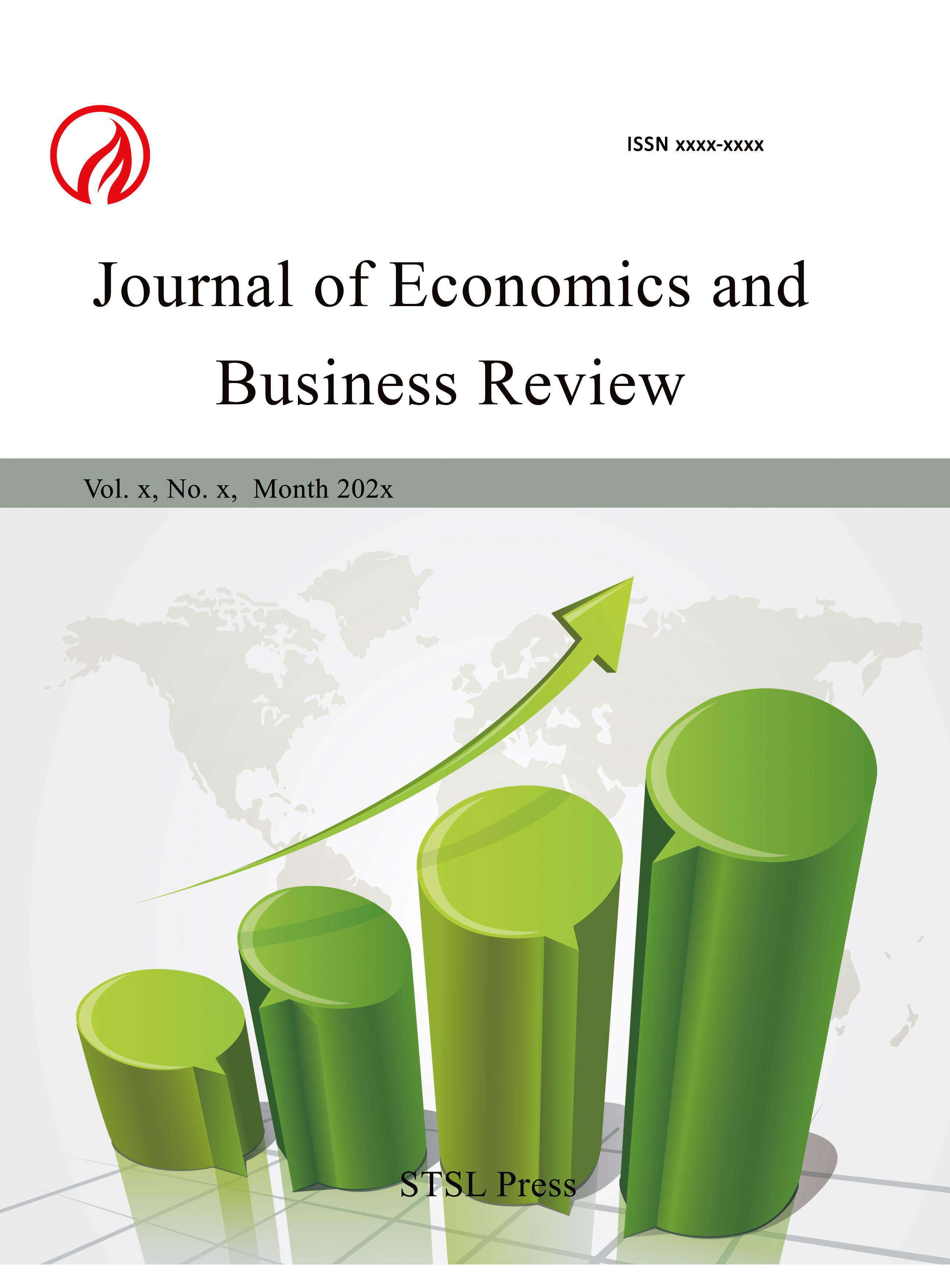Analysing the Impact of Tax Revenue on the Dynamics of the Debt-Growth Relationship. A Case of Ghana
Godwill Atta Boakye
Williams Abayaawien Atuilik
Abstract
This research examines the influence of tax income on the correlation between debt and economic growth in Ghana. This study employs multiple regression analysis to quantitatively examine the impact of public debt, tax revenue, inflation rates, and interest rates on GDP growth. This study utilises time-series data spanning 33 years, offering insights into the economic determinants of growth.
The results demonstrate a positive and statistically significant correlation between public debt and GDP, suggesting that a 1% rise in public debt may lead to a 97.5% increase in GDP. This discovery indicates that investments funded by debt may promote economic growth. In contrast, tax revenue exhibits a negative and large effect, whereby a 1% increase may lead to a 23.5% decline in GDP, presumably due to its distortionary influence on economic activity. The findings indicate that inflation does not significantly impact GDP, however an increase in interest rates correlates with a statistically significant 16.4% decline in GDP, underscoring the detrimental consequences of elevated borrowing costs on economic growth.
The findings have significant implications for fiscal policy, indicating the necessity for debt financing options that prioritise growth-oriented expenditures while circumventing excessive taxation. Policymakers must regulate interest rates to foster economic growth while avoiding inflationary pressures. These insights provide essential direction for formulating policies that reconcile debt management, taxation, and monetary policy to promote sustainable economic growth in Ghana.
Paper:
pdf
DOI:
https://doi.org/10.71002/jebr.v2n1p24
 This work is licensed under a
Creative Commons Attribution 4.0 License.
This work is licensed under a
Creative Commons Attribution 4.0 License.
Contact us
- Helen Rane
- jebr@stslpress.org
